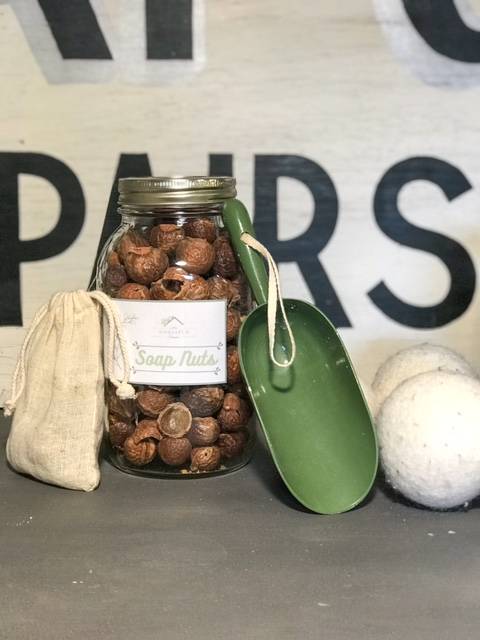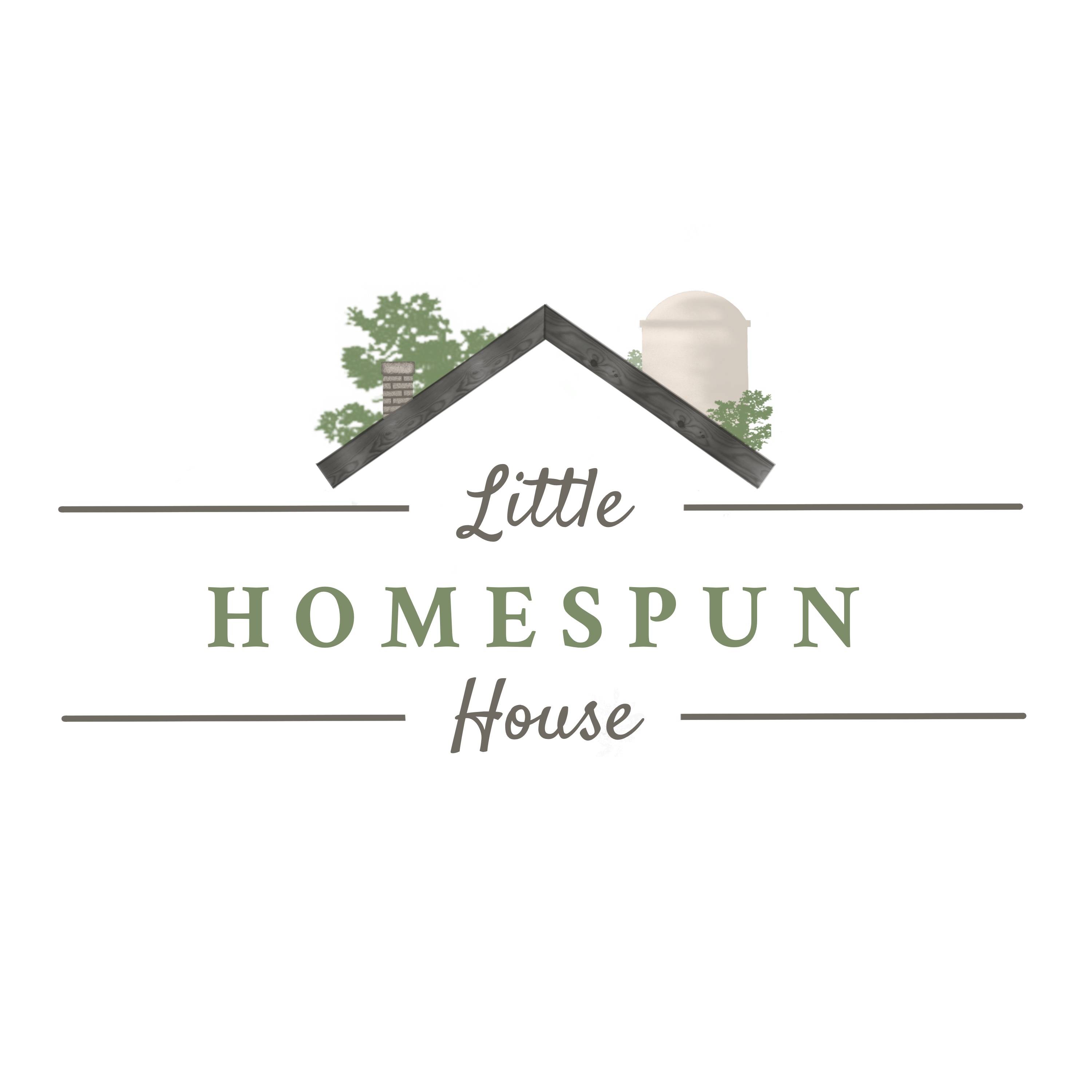Soap Nuts

Let's talk about a Clean or Natural option for laundry detergent and soap or cleaner for that matter. Soap Nuts!!
For those who are not familiar, soap nuts are a berry shell that grows on the soap berry tree, or Sapindus Mukorossi. It grows in the Himalayas and also the mountainous region between India and Nepal. It contains a natural cleaning agent called saponin which works like a detergent and goes deep into the fibers of your clothing and gets rid of stains. Soap nuts do not really contain soap like the kind we are may be used to, that cause soap scum or suds. They are extremely mild on the skin and on clothes, which makes them a great option for washing those cute little newborn clothes. The saponin I mentioned earlier that works like detergent also works as a fabric softener. That's what I call a win win! Soap nuts can also be used for dish and hand soap, body wash, shampoo and as a pet cleaning wash.
I think it's safe to say this little berry husk packs a punch.
So how do you use these little wonders? If you want to use for laundry, simply put 4-6 soap nuts in a muslin bag, tie the bag and throw it in the washer. They can be used with any water temperature. If you like using cold water, you should soak the bag of soap nuts in a cup of hot water for three minutes and then toss, water and all, into the washer. When the wash is done, take out the bag of soap nuts and hang somewhere to dry. One more amazing thing is that you can reuse that little bag of soap nuts up to 10 times, depending.
How do you know when the soap nuts have lost their touch? Well, there are a few things to look for. If they become soft and grey, it's time to compost them. Also, you could run the bag of soap nuts under warm or hot water and squeeze. If you still see suds easily, I would say they are still good to use. If you really have to squeeze to get suds, I would discard and get some new ones ready to go.

FREE printable label and instructions HERE

Kelly and her husband are raising two teenage boys and a toddler girl on an old 200 acre farmstead. They value providing food from the land for their family, such as venison, goose, duck, fish and their garden harvest. They own their own business and try to teach their children the value of hard work.



